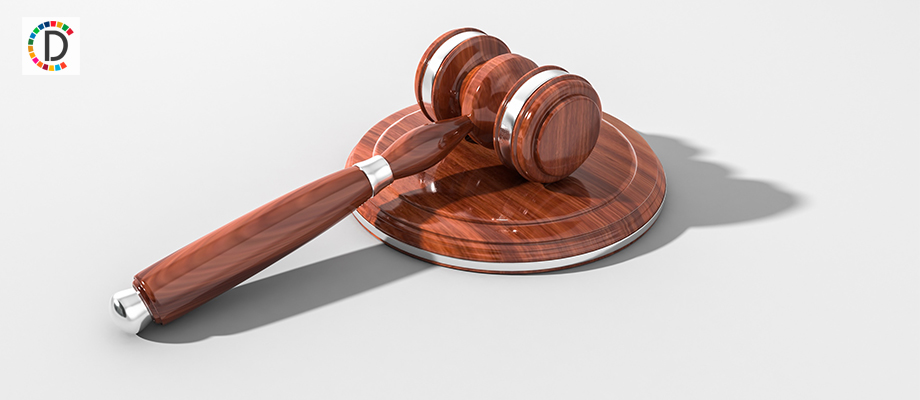Kishida unveils shift in diplomacy to meet external challenges faced by Japan
Kishida's remarks mark another step by Japan to distance itself from its post-World War Two pacifism and step out of the shadow of the United States, its main ally, to take a bigger role in regional security where it faces China, North Korea and Russia. Japan has become alarmed at growing Chinese military activity in the East China Sea and around Taiwan.

- Country:
- Japan
Japan's Prime Minister Fumio Kishida unveiled what he called a shift to "realistic" diplomacy on Friday to help his country tackle the dangers it faces in a world shaken by Russia's invasion of Ukraine. "The Kishida Vision for Peace will strengthen Japan's diplomacy and security," he said during a keynote speech at the start of the Shangri-La Dialogue, Asia's premier security meeting, in Singapore.
"Ukraine may be East Asia tomorrow," he said. Kishida's remarks mark another step by Japan to distance itself from its post-World War Two pacifism and step out of the shadow of the United States, its main ally, to take a bigger role in regional security where it faces China, North Korea and Russia.
Japan has become alarmed at growing Chinese military activity in the East China Sea and around Taiwan. It is also wary of Beijing's military ties to Moscow. His country's active diplomacy, Kishida said, will be backed up by a commitment made earlier this week to drastically raise defence spending over the next five years and with aid to countries in Asia, including patrol boats for Southeast Asian nations and the Pacific islands to help them guard maritime security.
He said Japan was considering the acquisition of counter strike weapons to deter potential enemies from attacking, a controversial proposal in a country that gave up the right to wage war after its defeat in World War Two. Kishida also spoke about the threat posed by North Korea, which has carried out at least 18 rounds of weapons tests this year, underscoring its evolving nuclear and missile arsenals.
Describing North Korea as a clear and serious challenge to the international order, Kishida expressed disappointment that the UN Security Council had failed to act against Pyongyang because of the ability of members to veto resolutions. Japan, he said, would seek to reform the body.
(This story has not been edited by Devdiscourse staff and is auto-generated from a syndicated feed.)
ALSO READ
Biden and Japan's Kishida forge new partnership, eyeing China and Russia
Japanese Prime Minister Fumio Kishida to speak to Congress as doubts linger over American global leadership
Biden to warn on Beijing's South China Sea moves in Philippines-Japan summit
Biden warns on Beijing's South China Sea moves in Philippines-Japan summit
Kishida delights Washington with promise of 250 cherry trees as independence gift










